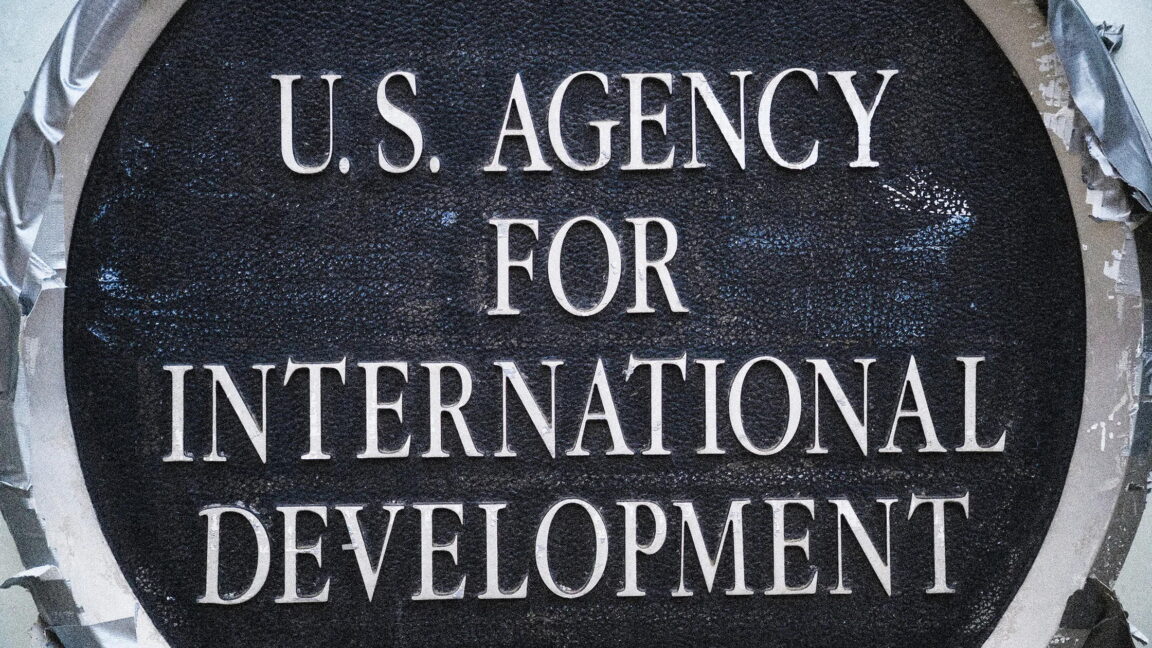AI Summary:
-
Renaming and Restructuring: The Trump administration plans to rename the United States Agency for International Development (USAID) as the US International Humanitarian Assistance (IHA) and place it under the Secretary of State.
-
Use of Blockchain: A memo suggests leveraging blockchain technology in USAID’s procurement process, aiming to enhance security, transparency, and traceability in aid distribution.
-
Criticisms of Blockchain Use:
- Experts argue blockchain often doesn’t offer significant advantages over existing tools for humanitarian work.
- Concerns exist about added burdens and costs for small NGOs using new systems.
-
Examples of Blockchain in Humanitarian Efforts:
- Past projects, such as UNHCR’s pilot for cash assistance in stablecoins, showed some success.
- Critics note limited large-scale use in the sector and question its necessity.
-
Budget and Operational Changes: The proposal emphasizes tying funding to outcomes and results, prompting debates about its feasibility and fairness in dynamic environments like disaster zones.
-
Broader Context: The plan follows prior workforce cuts and criticisms of inefficiency within USAID, drawing mixed reactions from staff and experts.



This has been a proposed use case for public blockchain technology for a long time. If government agencies have to use crypto currencies that run on public blockchains, that means anyone with a computer and internet connection can audit that agency to see exactly what they are spending their money on. You can even program the money so that it’s impossible to spend it on things that aren’t approved for that agency. Essentially it’s extreme transparency with the aim of preventing fraud.
And yes I know implementation will be hard. And yes I know the people at the helm right now have no genuine interest in government accountability or fraud prevention. But I’ve been following the development of blockchain technology for over a decade and this is literally one of the first use cases that was proposed when bitcoin was invented.
The cornballer was originally intended to make cornballs, and it can. It will also burn the God damn shit out of you and anyone within a meter, and you better have a fire extinguisher around when it’s time to clean up.
What I’m trying to say is, this is not going to work well or be efficient, and this “transition,” is not going well or being efficient. Musk claims he saved some hundred billion, yet he has racked up a cost probably around half a trillion. He has fired and rehired 10s of thousands of employees in critical roles in critical agencies (well, he’s trying to rehire them, rick!). His “accounting” has been shown to be off over and over again.
Elon Musk has proven to the entire world he is nothing but a fuck up with too much money, and everything he touches turns to shit.
What if critical suppliers aren’t accepting their crypto coin, or can they force everyone to accept it?
If you want humanitarian aid or be a government supplier, you’ll probably accept it. But I imagine it’d need to be something like USDC
I don’t expect to see the government paying aid recipients or suppliers with ethereum or something similar directly.
You can still get all the blockchain tracking and smart contract stuff with USDC.